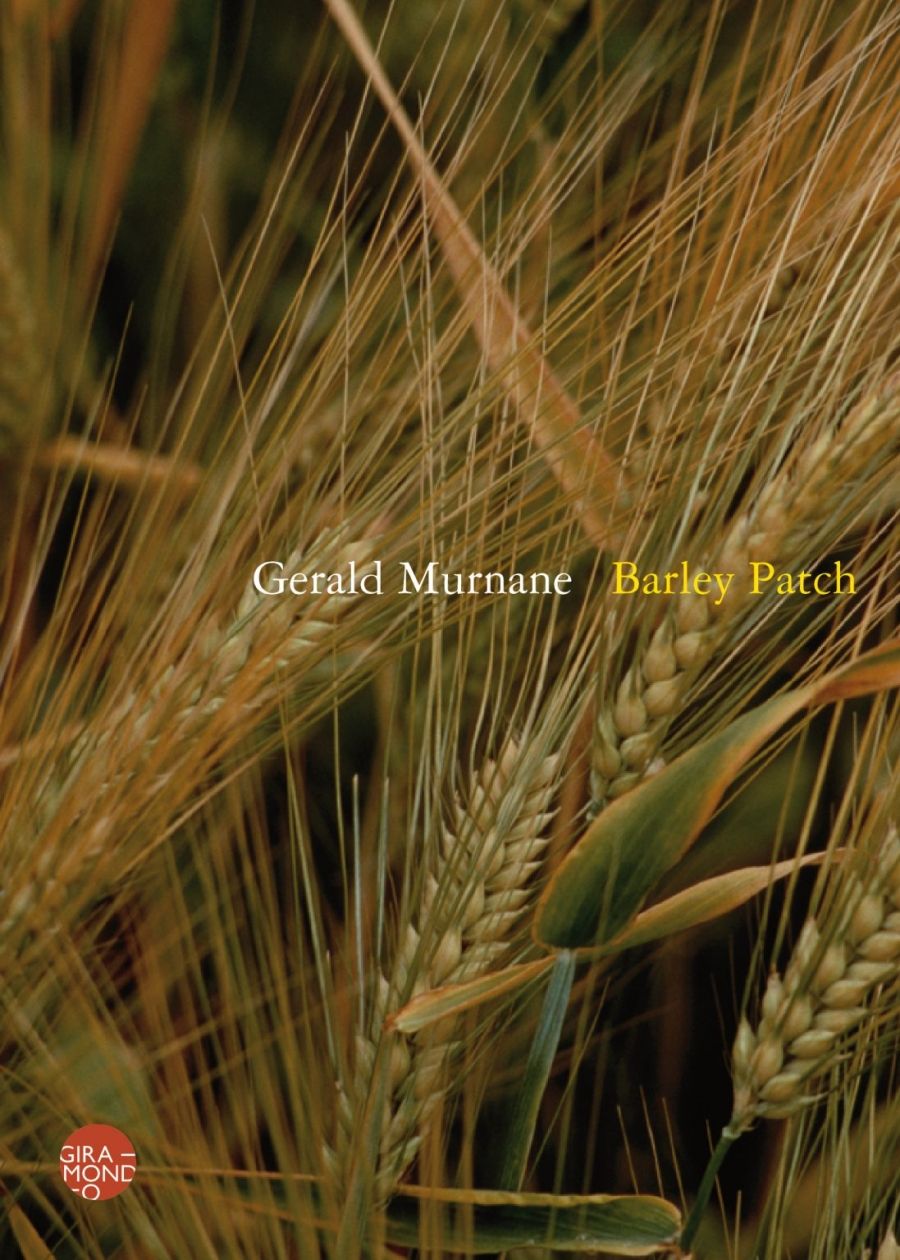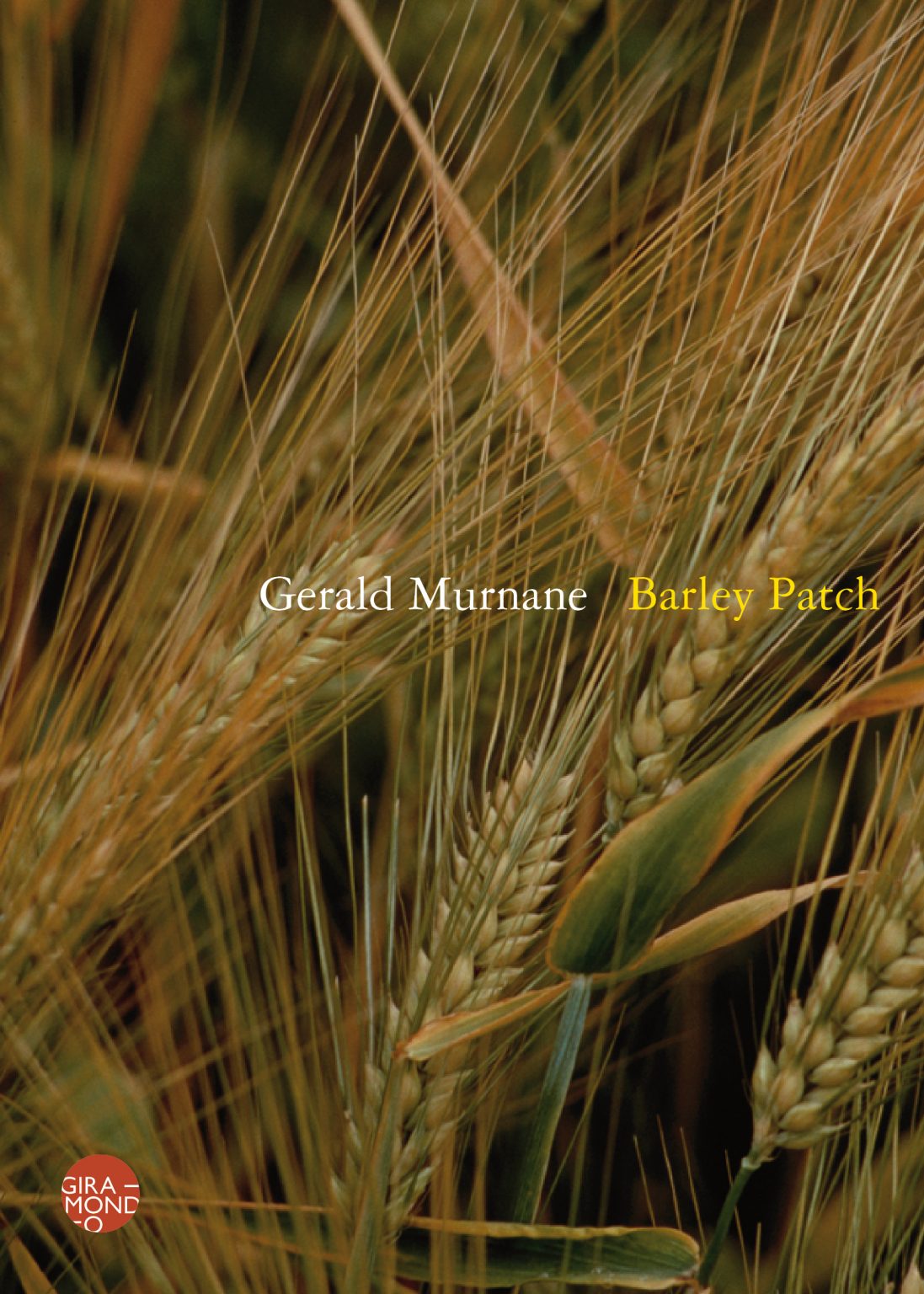
- Free Article: No
- Contents Category: Fiction
- Review Article: Yes
- Article Title: ‘Must I write?’
- Online Only: No
- Custom Highlight Text:
Eighteen years ago, Gerald Murnane gave up writing fiction. At least, that is what the unnamed narrator of Barley Patch says happened to him in this new work of fiction, the first to be published by Murnane in fourteen years. It is tempting to think that this book might offer some kind of insight into what led to this hiatus in Murnane’s career. After all, if Murnane is Australia’s most innovative writer of fiction, as the book’s blurb tells us, this period of silence is an absence that should interest careful readers.
- Book 1 Title: Barley Patch
- Book 1 Biblio: Giramondo, $27.95 pb, 266 pp
- Book 1 Cover Small (400 x 600):

This near congruence may tempt what the narrator calls the ‘hasty reader’ into reading this book as a transparent example of the form it so closely resembles, which is that of a confession or a memoir, complicated by the kind of irony that underpins the Epimenidean paradox, ‘all Cretans are liars’. In fact, the narrator at one point offers two different versions of a series of events that happens to him, ostensibly for two kinds of readers of his pages. The first is for the kind of readers who are
able to think of the writer of the pages as being no more than the narrator of a work of fiction: a personage supposed by those readers to exist on the far side of their own minds for as long as they go on reading these pages
and whose prowess as readers of fiction the narrator admires unreservedly. This is contrasted with a slightly different version of events for those readers who
may well think of the writer of the pages not as a conjectured personage but as a mere human person hardly different from themselves. For the sake of those readers, whose prowess as readers of fiction I could never admire, I report the following.
Here we are in familiar Murnanean territory: possibly arch, certainly ironic, open to a degree of interpretation, and challenging. Murnane succeeds here in giving the reader a bit of a jolt, a reminder that complacency is not to be had when reading his pages. It is all the more effective since, despite the apparent complexities of irony piled on irony, this is ultimately a straightforward and elegant book concerned with what it is about reading and writing fiction that compels the narrator, or to which the narrator is compelled. As such, Barley Patch is Murnane’s most satisfying and wholly rounded work, even when it occasionally resists easy interpretation.
Perhaps this is why there also seems to be an austerity to this work. There is a clear renunciation of imagination by the narrator, as though the unsparing evocation of childhood of Murnane’s first novel, Tamarisk Row, has been stripped back to its rudimentary fictional essentials. At one point, mentioning a book by a famous American writer (which sounds suspiciously like Norman Mailer’s Ancient Evenings, 1983), the narrator confesses: ‘I felt no more urged to read his book … than I have felt urged to read any of the many books of fiction written by contemporaries of mine in this country and set in earlier times.’
This appears to be due to a deep uneasiness with the ‘unconvincing personages’ who are the omniscient narrators of such historical fictions, and whose unconvincing talents the narrator does not claim to possess: ‘although unable myself to imagine, I am able, of course, to write about fictional personages as though they have this ability.’ Elsewhere, the narrator tells us that ‘fiction is the art of suggestion’ and that ‘a person without imagination might still succeed in writing fiction as long as his or her reader is able to imagine’. Murnane possesses a powerful literary imagination, and it is not clear that this is different in kind from the type of imagination which the narrator so roundly rejects and claims not to possess. Instead, it appears as though Barley Patch was conceived in a manner similar to Beckett’s preference in his ‘Three Dialogues’:
The expression that there is nothing to express, nothing with which to express, nothing from which to express, no power to express, no desire to express, together with the obligation to express.
Yet expression there is; compellingly so.
The book is divided into two parts, each ostensibly structured as answers to questions the narrator asks himself. The first of these questions is the most direct and to the point: ‘Must I write?’, and the answer that follows concludes with the revelation that fiction had been given up at the time mentioned in my first paragraph. The rest of the book goes on to explore the central tension of Barley Patch: the fact that we are reading, in a work of fiction, about the renunciation of the writing of fiction. In so doing, it is perhaps Murnane’s greatest achievement, for the philosophising irony that underpinned works such as Landscape with Landscape (1985) and The Plains is no longer abstractly speculative, possibly arid or at times puzzling. The difficulty is still there, but it has a narrative charge, something that post-structural theorists of narrative might call desire – think of Peter Brooks’s Reading for the Plot (1992) – or seduction, as in Ross Chambers’s Story and Situation (1984). Partly this is the achievement of the narrator’s personality, which has elements of a melancholy obsessive nature; partly it is also the skill with which the apparently unimaginative narrative unfolds. I found myself reading Barley Patch rapidly and with enjoyment. Along the way, there are many fascinating images drawn from a large range of experience. Take, for instance, the passage that is reproduced on the first page from a letter Rilke sent to the aspiring poet Franz Xaver Kappus:
Nobody can counsel and help you, nobody. There is only one single way. Search for the reason that bids you write … acknowledge to yourself whether you would have to die if it were denied you to write. This above all – ask yourself in the stillest hour of your night: must I write?
What follows is a demonstration of how this question may be answered. Above all, though, this book is about the experience of reading, and it does not shy away from making clear what it expects of its reader. About two thirds of the way through, the narrator writes, ‘a hasty reader of the previous pages may still be waiting to learn why I gave up writing fiction more than fifteen years ago. A more careful reader may be already on the way to learning why I gave up.’ If you know which kind of reader you are, you’ll know whether or not you want to read this book.


Comments powered by CComment